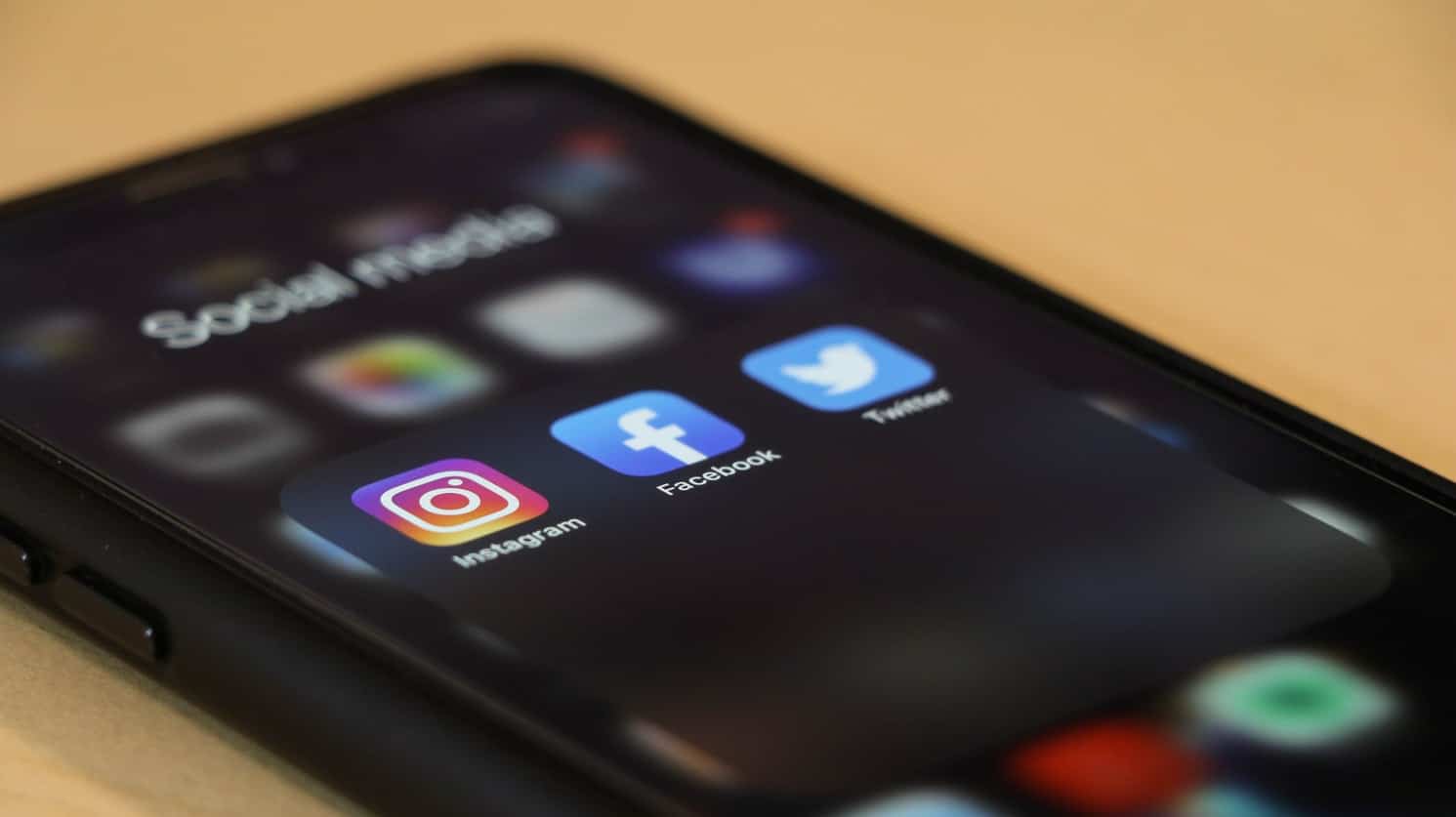Tweeting from conferences and events is a bit like crossing live to a field reporter in the middle of the news. There’s pressure to perform and you need to be able to think on your feet, but if done well it’s a powerful way to share information that your audience is passionate about.
Importantly, tweeting from conferences and events also helps you to connect with influencers in your industry and start a conversation with people you may want to work with down the track.
Many people feel that tweeting takes your attention away from what the speakers have to say, but I find it to be the opposite. When I’m tweeting, I tend to listen more carefully and can break down the story into digestible chunks that are a lot easier to remember in the long-term.
Of course, the only way to get better at live tweeting is to practice! Here are a few tips and tricks I’ve learnt along the way.
Before the event
- Follow the event’s official twitter feed and find out the official hashtag of the event (watch out for hashtags that aren’t official but people seem to like using because, well, it seemed like a good idea at the time).
- Find out who’s speaking and start following them on twitter in the days leading up to the event. It gives you an opportunity to engage with them directly and puts you ahead of the crowd who will all be vying for the speaker’s attention on the day.
- Promote your own attendance at the event. Yes, I know you’re not speaking at the event and who cares if you turn up or not. But if you want the twitter feed of @Business Hero, you need to act like one. What’s more, promoting your attendance using the event hashtag will likely be noticed (and retweeted) by the event organisers in the interests of promoting the event. So you’ll probably pick up a few followers who may be interested in what you have to say and who you may like to connect with and even (gasp) meet in real life.
At the event
- Let your followers know you’ll be tweeting. Rather than suddenly launching into a plethora of tweets about the opinion of some person we’ve never heard of, give your followers some background and an opportunity to tune in.
- You may also like to tweet a photo of the busy room or empty stage, to add some variety to your content.
- When everyone is taking their seats, prepare your first tweet. If the first thing out of the speakers mouth is a statement perfect for twitter, you don’t want to miss it. E.g. ‘Henry from @company says [leave room for tweet] #coolevent’
- Listen. Keep an ear out for short, sharp statements that will easily translate into a tweet without too much effort.
- If you have room, place the question in the tweet, along with the answer. This gives the response context and makes it easier for the folks at home to play along.
- Review the tweet before you send. You don’t always have to tag the speaker, but you should always have the event hashtag at the end of the tweet. Spelling and grammar need to be adequate, at least. People will forgive you for making slight errors when you’re tweeting live, but anything more than that and they’ll be hesitant to retweet your comment for fear of silent judgement by their own followers.
- Remember, it’s all about quality rather than quantity. You may type out the tweet before realising it’s actually not that interesting or relevant. Delete and keep listening.
- Every now and again, check out the event hashtag to see what other people are talking about. I often find I have missed a good statement while I’ve been tweeting something else, so I retweet someone else’s comment or hit reply and add my own thoughts to a conversation.
Wrapping up
- Usually, after the speakers conclude there is time to faff about before a meal or networking drinks. Check out your feed to see who has engaged with your content and thank them for the retweets and mentions.
- To let your followers know the event has come to a close, wrap up with a thank you to the event organisers and speakers.
- Later on, when you’re sober, go through all your business cards and people you have connected with at the event. This is the time to check out their digital footprint and see if they are worth following on twitter, liking on facebook, connecting to on LinkedIn or any other form of stalking. Just don’t be creepy.
Going old school
- If the whole live tweeting thing gives you anxiety, you don’t have to miss out altogether. Simply take your notes from the event and spend time in the days that follow sharing your key learnings. Or you may like to sum it all up in a blog post, which you can share on all your social channels.
Are you a live tweeter? What are your tips for tweeting at conferences and events?






